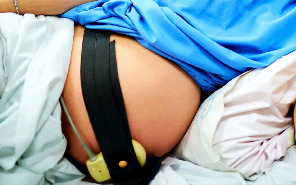

Oxygen Starvation During Birth Causes Cerebral Palsy
- Home >
- Case Studies >
- Oxygen Starvation During Birth Causes Cerebral Palsy
Background
Baby Z was her mother’s third pregnancy. At 40 weeks, her mother attended the local hospital where she was admitted for a planned induction of labour. That included using Prostin on two occasions to increase the contractions.
The Prostin led to hyperstimulation of the uterus, which can happen. When it does, a tocolytic drug should slow the contractions. However, the hyperstimulation of the uterus was not recognised and no tocolytic was given.
This led to Baby Z being deprived of oxygen and she was then born in poor condition. She was transferred to the special care baby unit and has subsequently been diagnosed with Cerebral Palsy. A cranial MRI scan has shown damage consistent with oxygen starvation in the period immediately before birth.
The case was pursued on the basis that there was a negligent failure to recognise and treat the uterine hyperstimulation. If that had happened then Baby Z would not have suffered oxygen starvation and would not have developed Cerebral Palsy.
Settlement
The Defendant denied both breach of duty and causation until shortly before a trial on liability. A settlement meeting was then held at which it was agreed that the Claimant would receive 65% of the full value of her birth injury claim. Following investigations into quantum, the medical negligence claim settled shortly before the trial on quantum for £240,000 in respect of general damages, a £1,750,000 lump sum, plus periodical payments for care.
This case was led by Jessica Wright.
NOTE: While our case studies are designed to give an indication of the outcomes that can be achieved in these circumstances, the compensation awarded in individual cases can vary significantly due to a range of factors, including effects on life expectancy, the severity of the negligence that took place, and the financial impact.
Featured birth injury case studies
Featured birth injury insights






